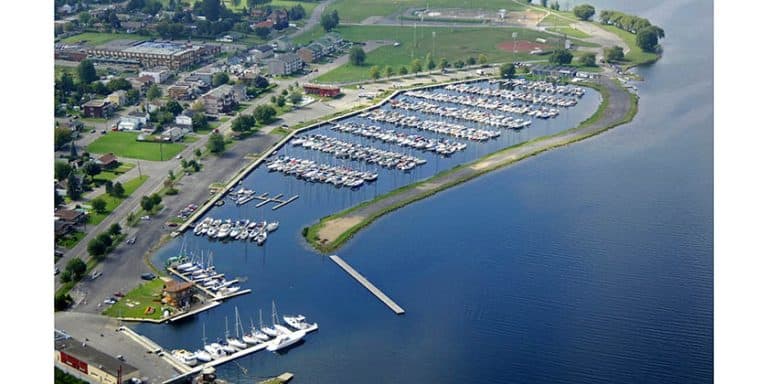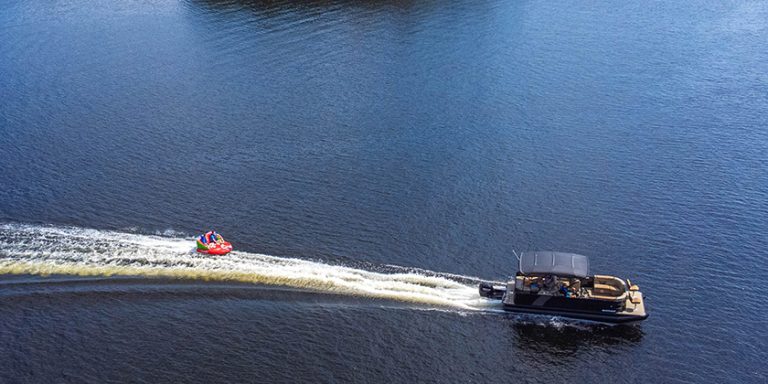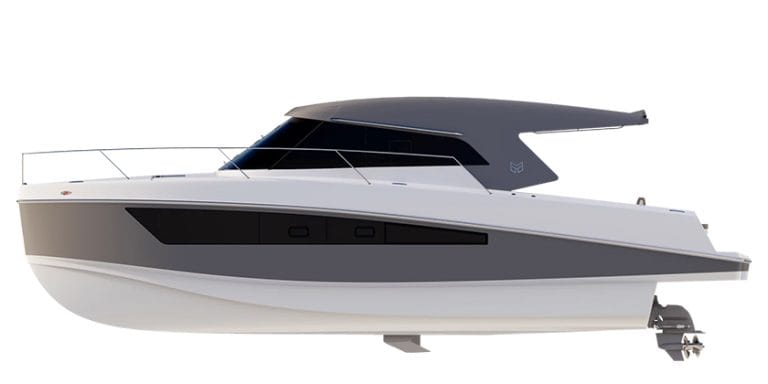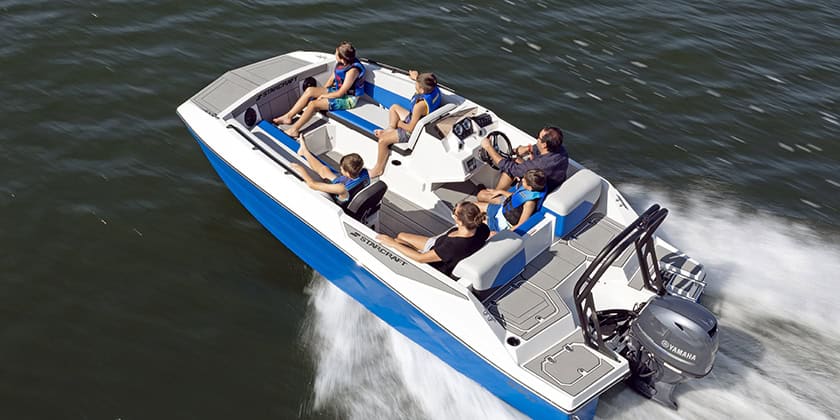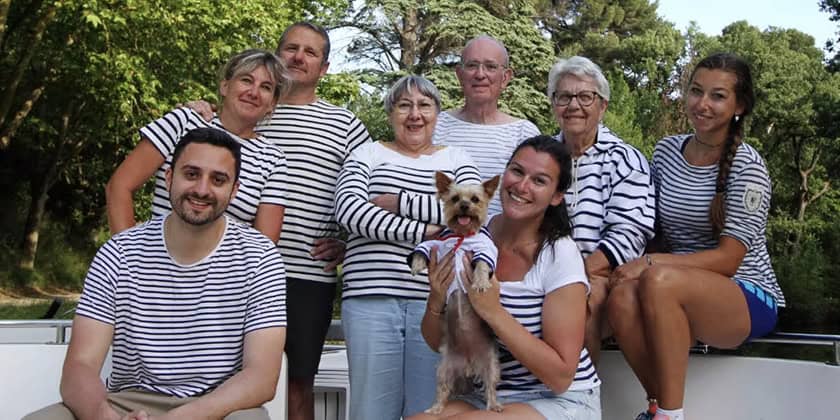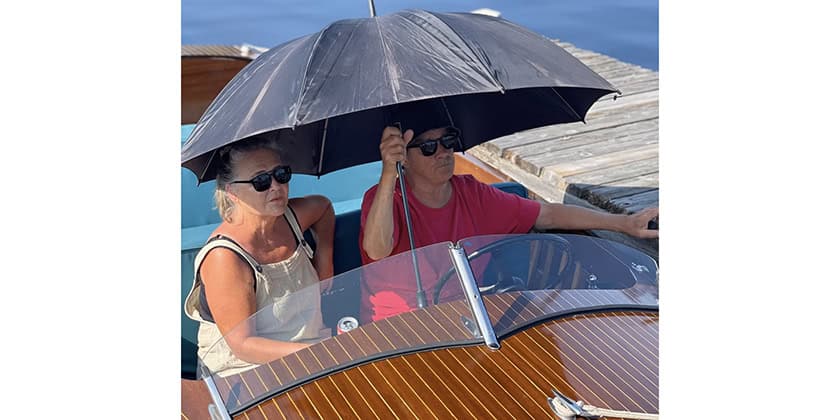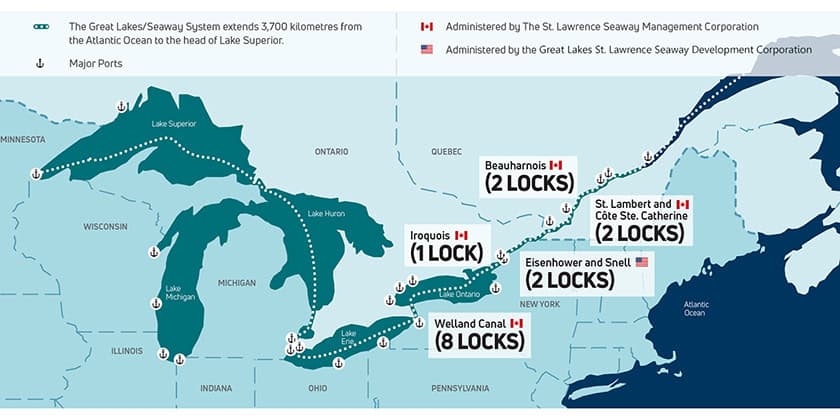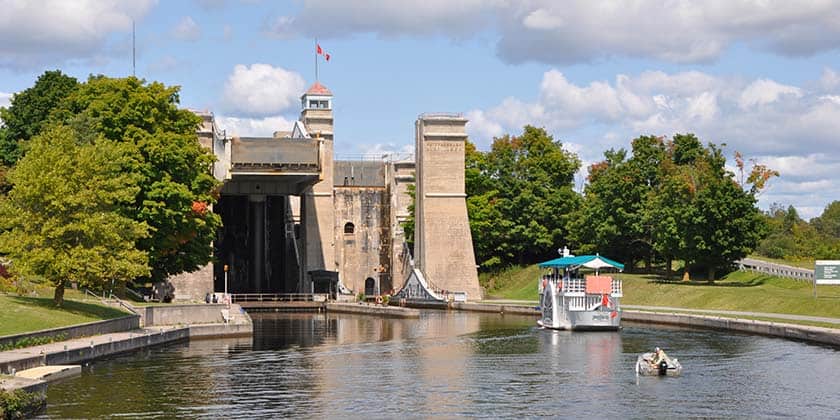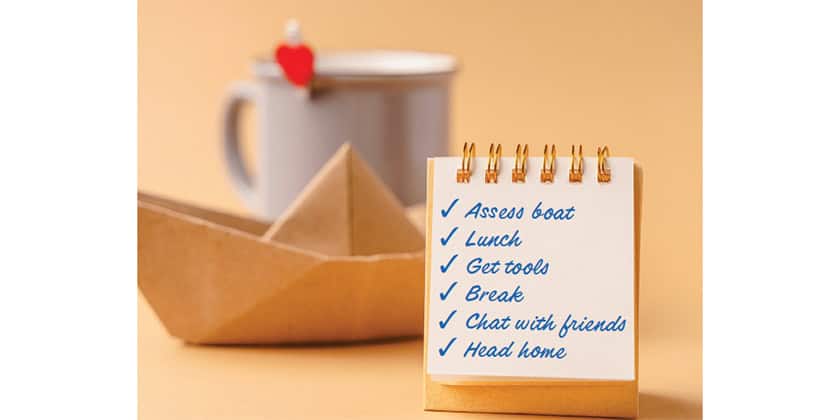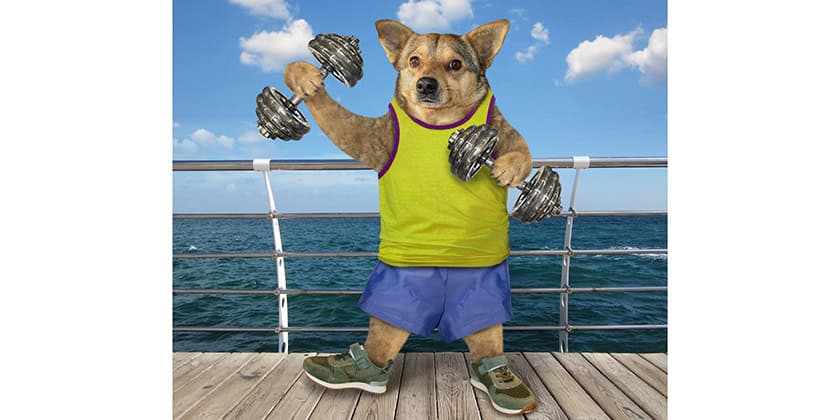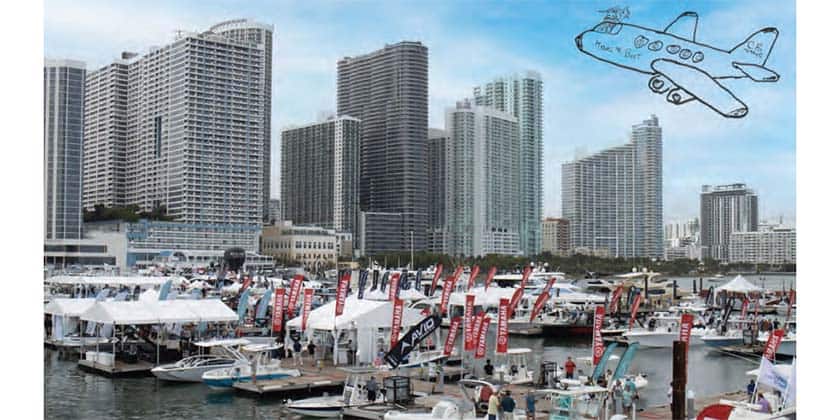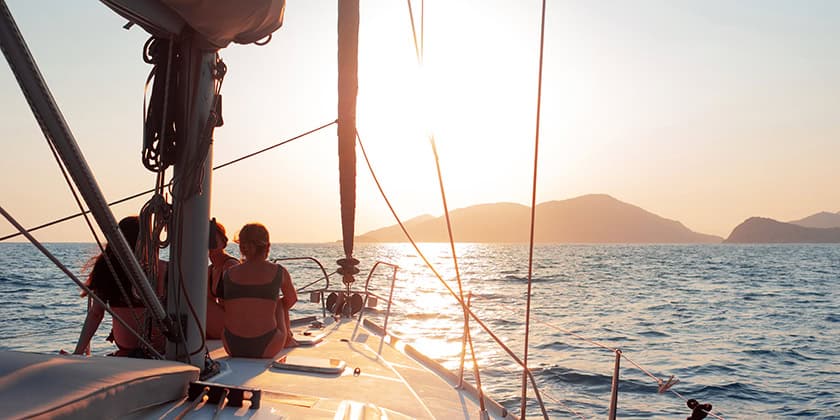Cold Water Survival
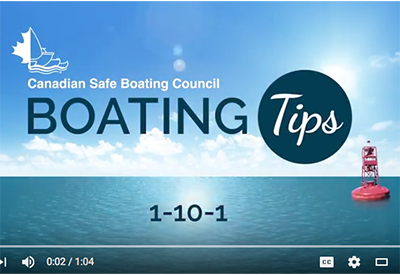
May 9, 2016
Landing suddenly in cold water will take your breath away and can compromise your ability to survive. The 1-10-1 principle will help you get through an accidental immersion.
1 Minute Cold Shock
It starts with a deep, involuntary gasp (you may inhale more than a litre of water if your head is under), followed by rapid hyperventilation. Do not panic. Wearing a lifejacket will allow you to focus on getting your breathing under control.
10 Minutes Cold Incapacitation
Use this time to self rescue or call for help because you will soon become so incapacitated that you will be unable to even swim or treat water. Without a lifejacket on to help keep your airway open you will likely drown.
1 Hour Hypothermia
If you can keep your airway open to breathe, you will remain conscious for about an hour, and alive even longer before you succumb to hypothermia. A lifejacket will keep you afloat and help keep your airway open while you await rescue.
If you are boating around cold water, wear your lifejacket. It’s not called a ‘life jacket’ for nothing!
Learn more about cold water survival here http://csbc.ca/en/cold-water-boot-camp
{videobox}5EeWafyDgKw{/videobox}

